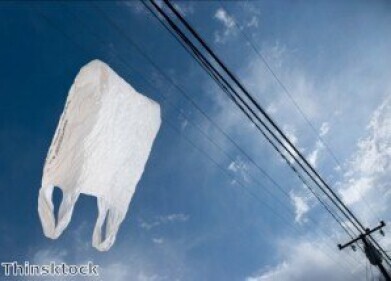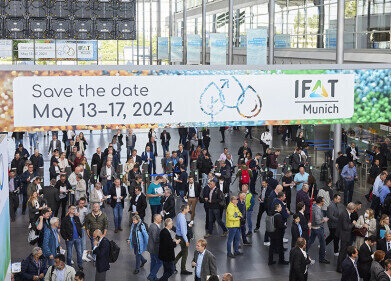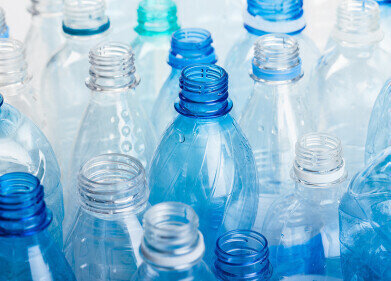Waste Management
Why Is the UK Importing Sewage Sludge?
Sep 17 2020
The importation of sewage sludge containing human waste from the Netherlands was approved by the government in February of this year. The discovery was made by a Freedom of Information request submitted by Greenpeace’s Unearthed investigative unit and raises concerns that the UK may become a dumping ground for the waste generated by other countries around Europe.
The reason why it is being imported is that sewage sludge is approved as a form of fertiliser for farmlands in the UK, while it is outlawed in the Netherlands. Dutch authorities prefer that any substances containing human waste are incinerated, but an issue with one of the country’s major incineration plants has prompted them to look overseas to outsource the disposal of the sewage.
Given the green light
Thanks to the investigative work conducted by Greenpeace, it is now clear that the Environment Agency gave the green light for sewage sludge to be imported from the water boards of Amstel, Gooi and Vecht in the Netherlands of February this year. The permit covers the importation of 27,500 tonnes of the substance is valid for one year, meaning it will expire in February 2021.
Due to concerns over the environmental impact of spreading the substance on crops, the Dutch government has banned the practice and has been searching for a sustainable solution to sludge destruction for some years now. To date, their preferred technique is to incinerate the waste, but operational problems at their Amsterdam facility has left them short of alternative options.
For that reason, the UK has been chosen as the destination for the sludge. Although the identity of the final recipient of the sewage has been redacted from the document obtained by Greenpeace, it is known to be somewhere in the country, prompting fears from environmentalists that it may do more harm than good.
Balancing risk with reward
There are proven benefits of spreading sewage sludge on agricultural land, including the contribution of valuable nutrients to the soil, reinforcing soil structures, preventing erosion and returning carbon to the Earth. It can also reduce the use of mineral or synthetic fertilisers, which can cause a whole host of environmental issues themselves.
However, the use of sewage as a fertiliser does also come with certain risks. If not properly treated, the sludge can contain unwanted elements such as highly dangerous microplastics, heavy metals, persistent organic pollutants and harmful pathogens like salmonella and E coli. What’s more, it could also contribute to the rise of antibiotic-resistant bacteria, in turn creating new superbugs that could harm human health.
For those reasons, the Environment Agency imposes strict controls on how sewage sludge destined for the agricultural market is to be treated, though the body did raise concerns in 2017 that its rules were not being adhered to. As a result, concerned parties have suggested that the UK should not be accepting overseas waste before our own house is in order.
Events
May 05 2024 Seville, Spain
May 13 2024 Munich, Germany
May 23 2024 Beijing, China
May 23 2024 Beijing, China
Jun 10 2024 Algiers, Algeria













